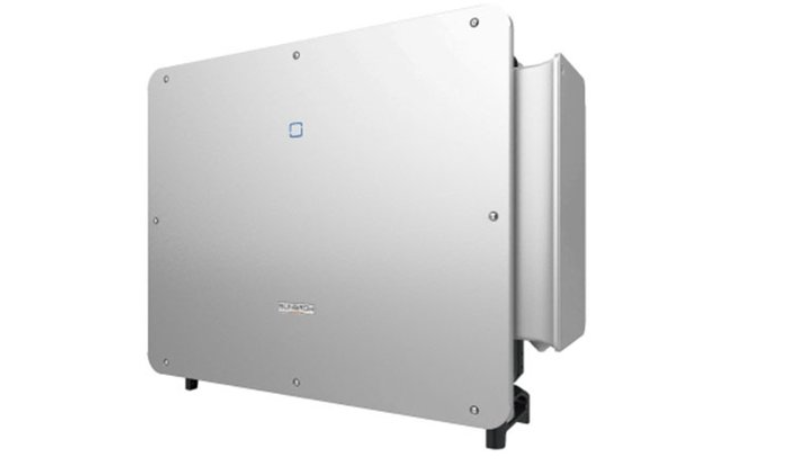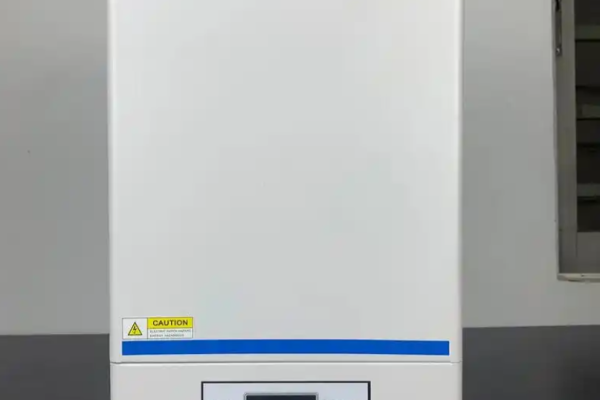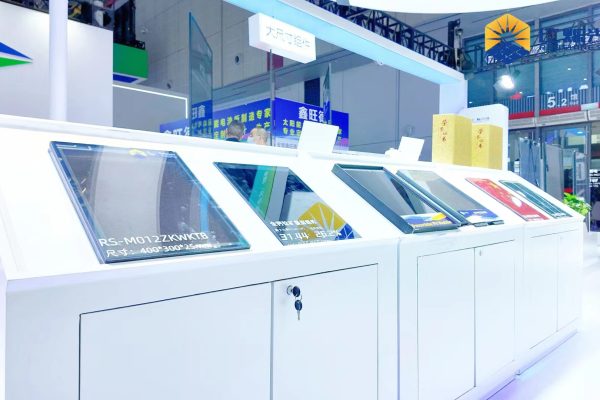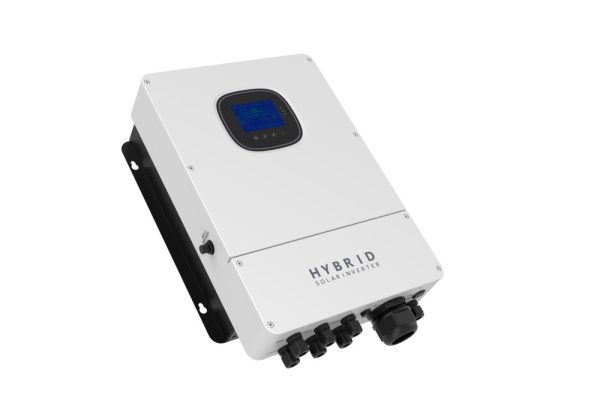What Installers and OEMs Need to Know to Enter Global Markets
As global demand for solar and storage systems grows, so does the competition — and one of the biggest barriers for inverter manufacturers and exporters is certification. Whether you’re an OEM working with factories or a small brand looking to expand into new markets, understanding international compliance standards is key.
This article outlines the most common inverter certification requirements across major regions and provides practical guidance for small-to-medium exporters and installers.
Why Certification Matters
✅ Legal market entry – Without certification, customs or utilities will reject your product.
✅ Installer trust – Certified products reduce project risk for local installers and EPCs.
✅ Grid compatibility – Certifications often include grid interaction safety and anti-islanding behavior.
✅ Brand reputation – Especially for export markets, certification signals professionalism and reliability.
Core Categories of Inverter Certification
Most countries require at least three types of certification for inverter products:
- Grid Compliance & Safety
- EMC (Electromagnetic Compatibility)
- Efficiency & Performance Testing
Some also require certifications related to communication protocols, cybersecurity, or fire resistance.
1. Europe (CE Region)
| Type | Certification / Standard |
|---|---|
| Safety & Grid Compliance | EN 50549-1 / EN 62109-1/2 |
| EMC | EN 61000-6-1/3/4 |
| Communication | Sunspec Modbus (optional) |
| Marking | CE Mark |
Additional requirements:
- RoHS for hazardous substances
- Declaration of Conformity (DoC) must be signed
⚠️ For Germany, VDE-AR-N 4105 (for <135kW) or VDE-AR-N 4110 may apply.
2. United States (UL / NRTL)
| Type | Certification / Standard |
|---|---|
| Grid & Safety | UL 1741 SA / IEEE 1547-2018 |
| Battery Integration | UL 9540 / UL 1973 (for ESS) |
| Fire Testing (ESS) | UL 9540A |
| EMC | FCC Part 15 (Class B) |
| Efficiency | CEC Listing (California) |
Important notes:
- Inverters must be listed by a Nationally Recognized Testing Lab (NRTL) like UL, ETL, CSA.
- Rule 21 for California grid-tie systems adds special functionality (volt-var, frequency-watt, etc.)
3. Australia / New Zealand
| Type | Certification / Standard |
|---|---|
| Grid Compliance | AS/NZS 4777.2:2020 |
| Safety | AS/NZS 3100 |
| EMC | AS/NZS CISPR 11 |
| Clean Energy Council (CEC) | Mandatory for rebates |
Australia is one of the most strictly regulated inverter markets. All models must be on the CEC approved list, which requires full documentation and test reports from recognized labs.
4. United Kingdom
Post-Brexit, the UK now uses UKCA marking, but CE is still accepted during transition.
| Type | Certification / Standard |
|---|---|
| Grid Compliance | G98 (<16A) / G99 (>16A) |
| EMC | EN 61000 series |
| Safety | EN 62109-1/2 |
| Marking | UKCA (mandatory soon) |
G99 certification requires third-party witness testing and grid modeling approval.
5. Other Notable Markets
India
- BIS Certification (Compulsory for inverters <10kW)
- MNRE-approved lab testing
- Anti-islanding required
South Africa
- NRS 097-2-1 for grid compliance
- Must be registered with local authorities (e.g., City of Cape Town)
Latin America
- Follows a mix of UL, IEC, and local utility specs
- Chile, Brazil, Mexico all have unique registration processes
Factory vs. Brand Name: Who Owns the Certification?
If you’re rebranding an OEM inverter, check:
- Is the certification under your brand/model number, or only the original factory name?
- Do you have a Certificate of Authorization to use the CE/UL test reports?
If not, you may need to re-test under your own label or request official authorization letters.
Tips for Exporters and Small Brands
✅ Choose OEM partners who already hold UL/CE/VDE certificates
✅ Request editable DoC, test reports, and BOM
✅ Pre-load grid code firmware per country
✅ Include a certification matrix in product datasheets
✅ Plan for annual recertification or firmware update testing
Exporting inverters isn’t just about good hardware — it’s about meeting the paperwork, safety, and performance standards required by global markets. For SMEs and system integrators, understanding certification paths early helps avoid delays, rejections, or compliance issues.
In a competitive field, certification is not just a barrier — it’s a strategic asset.








